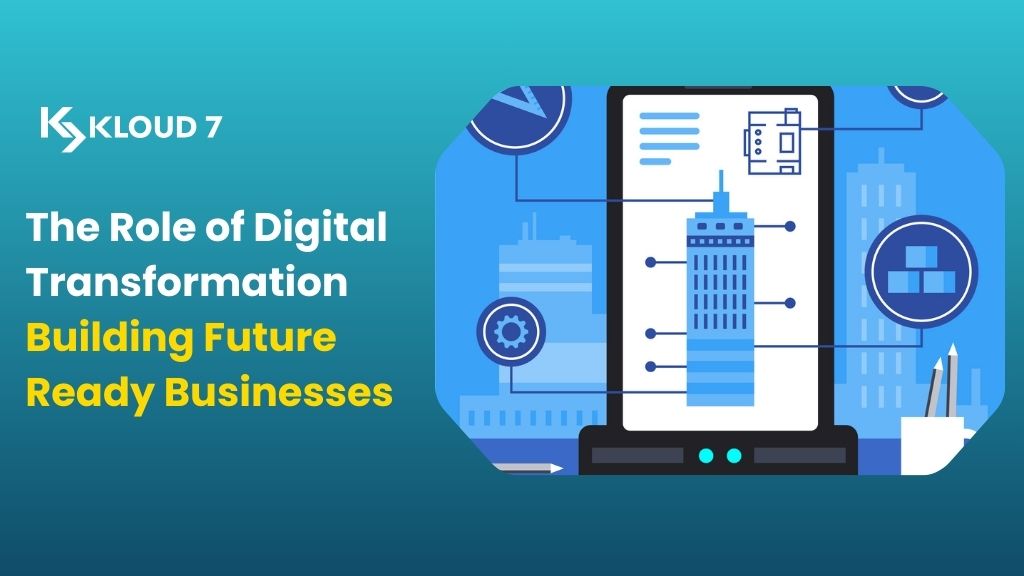For the smooth operation and success of any business, it is essential to set up a reliable business communication system that can help you build and maintain relationships, convey information, and make decisions. Business communication is just that: the process of exchanging information and messages between individuals or groups within and outside an organization.
What are some common types of business communication?
Verbal Communication: The use of spoken, either in person, over the phone, or through video conferencing. This type of communication is useful for discussing complex ideas, resolving conflicts, and building personal relationships.
Written Communication: Uses written words such as email, letter, fax, reports, memos, and other written documents. This is useful for providing detailed and formal information, documenting decisions, and maintaining records.
Nonverbal Communication: The use of body language, facial expressions, and tone of voice to convey a message. It is an important aspect of communication, as it can convey emotions and meaning that words alone cannot.
Visual Communication: Uses images, diagrams, and other visual aids such as charts, graphs, presentations, and videos. These are useful for conveying complex information, making a persuasive argument, and engaging an audience.
Digital Communication: The use of digital technologies such as email, instant messaging, social media, and other digital platforms for reaching a wide audience, building a brand, or fostering collaboration.

How business communication can help your business
Building and Maintaining Relationships: Effective communication is essential for building and maintaining relationships with customers, suppliers, and other stakeholders. It helps to create trust and understanding, and can lead to long-term partnerships and loyalty.
Conveying Information: Business communication is useful for exchanging information and conveying instructions to employees, customers, and other stakeholders. This includes information about products, services, policies, and procedures.
Making Decisions: Efficient communication helps optimize decision making in a business setting, and allows for the exchange of ideas and opinions. This helps to ensure that all stakeholders are aware of any decisions being made.
Resolving Conflicts: Effective conflict resolution helps to identify the underlying issues, and aids the exchange of different perspectives and viewpoints.
Achieving Goals: Business communication is essential for achieving goals in an organization. It allows for the coordination of efforts, and helps to ensure that all stakeholders are working towards the same objectives.
Making business communication more effective
Clarity and Conciseness: Effective business communication is clear and concise. It should be easy to understand and directly to the point.
Audience-Focused: This is focused on understanding the needs, interests, and level of understanding of the audience, and tailoring the message accordingly.
Active Listening: This means paying attention to the message being conveyed, and responding in a way that shows understanding and engagement.
Feedback: Business communication involves providing and receiving feedback, ensuring that the message is being understood, and allows for adjustments to be made as needed.
Appropriate Medium: The medium of communication should be appropriate for the message and audience. This means choosing a medium that will effectively convey the message, and that the audience will be able to access and understand.




